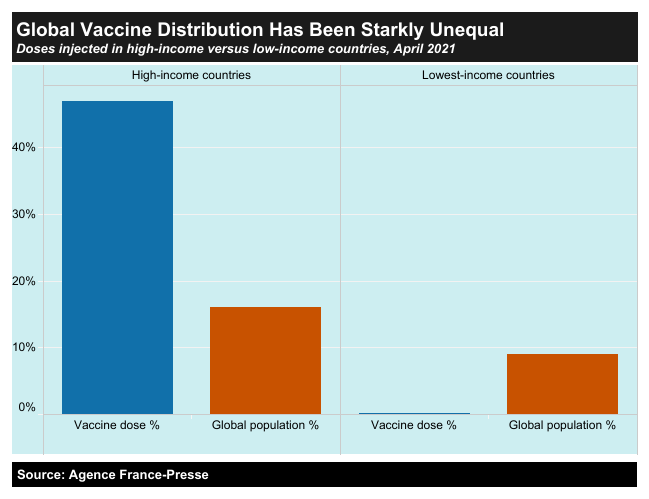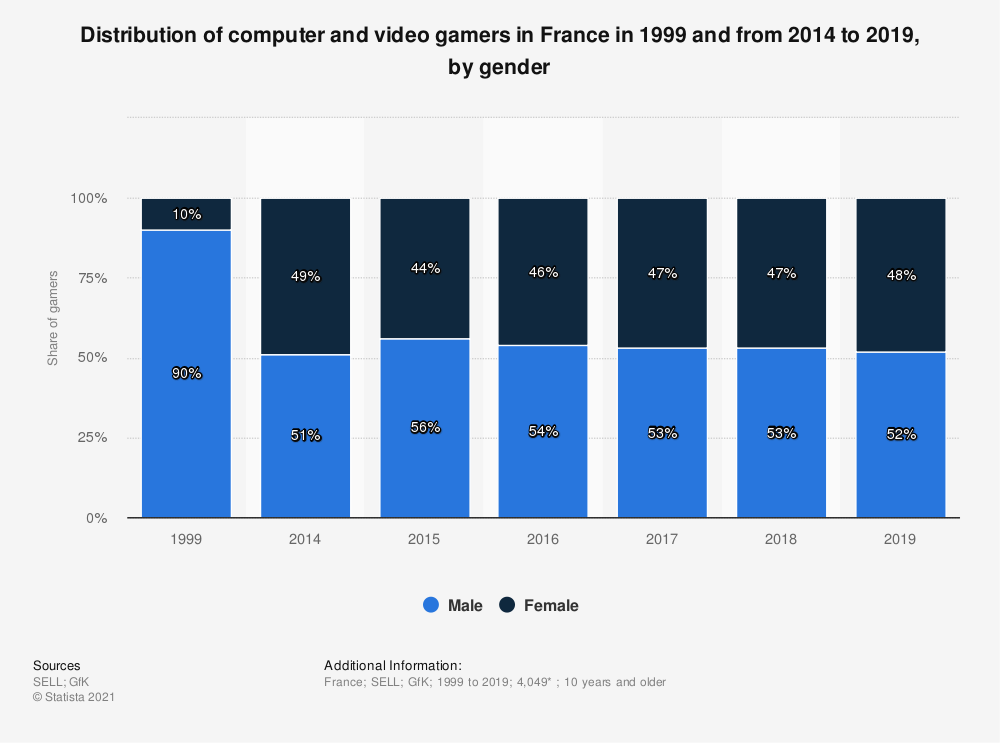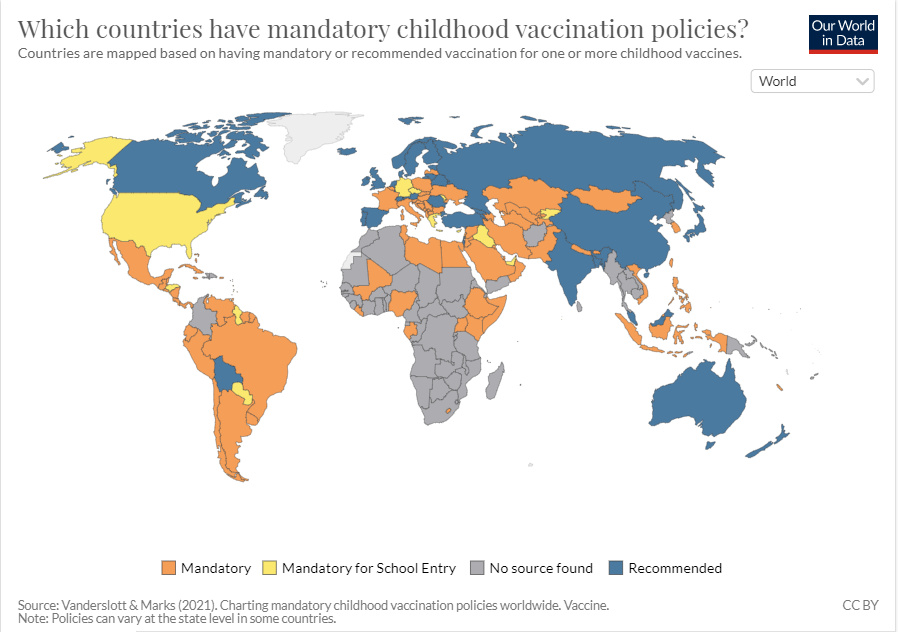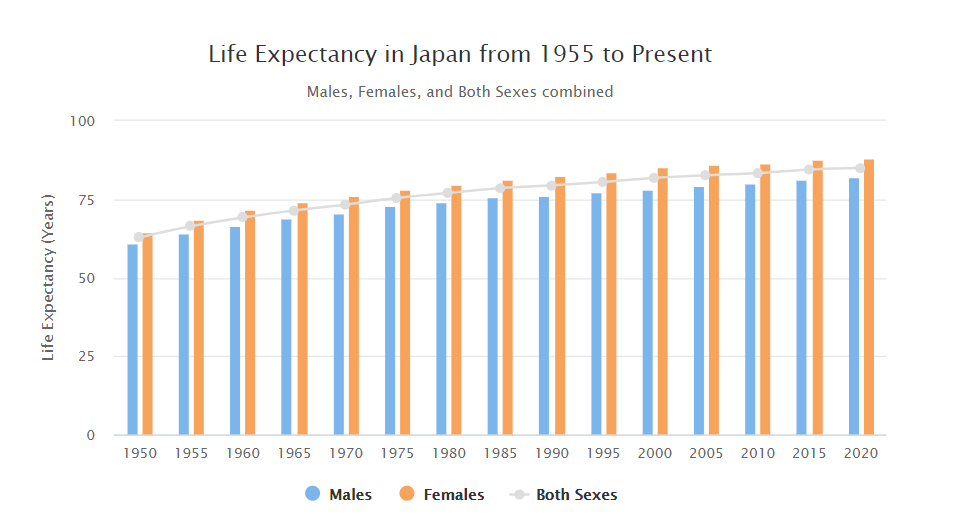Visuals: Vaccination inequality
By Katya, September 05 2021Our world is unequal. The distribution of the vaccines shows that. Rich countries have more doses than they need, while poor countries can’t buy enough. The United Nations Development Programme (UNDP) says that this situation is slowing global economic recovery. Economists predict that low-income countries will lose at least $38 billion of their GDP in 2021 because of low vaccination rates.
Low vaccination rates also put a lot of pressure on the healthcare systems of poor countries. Hospitals can’t treat other illnesses because of Covid.
The Director-General of the World Health Organization said that “Vaccine inequity is the world's biggest obstacle to ending this pandemic and recovering from COVID-19”.
Please have a look at the chart below and discuss it with your teacher.




 Decode this sentence: "B l f x z m g l g z o o b w l g s r h !"
Decode this sentence: "B l f x z m g l g z o o b w l g s r h !"


